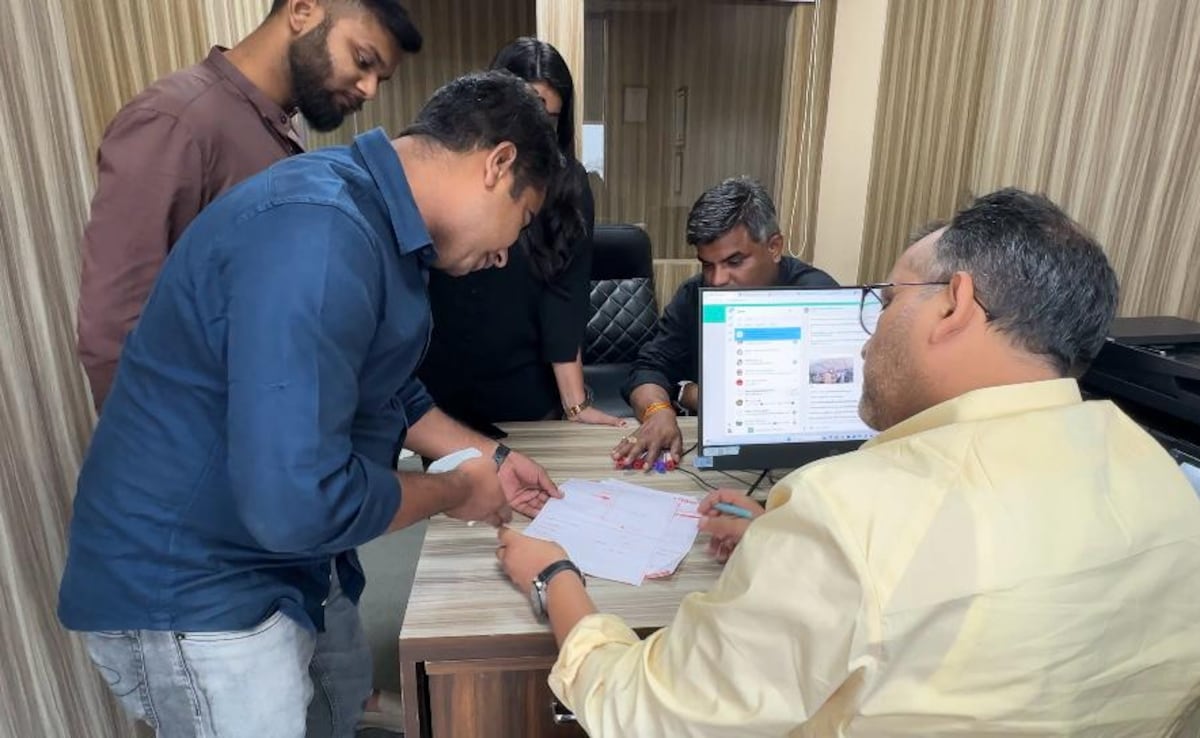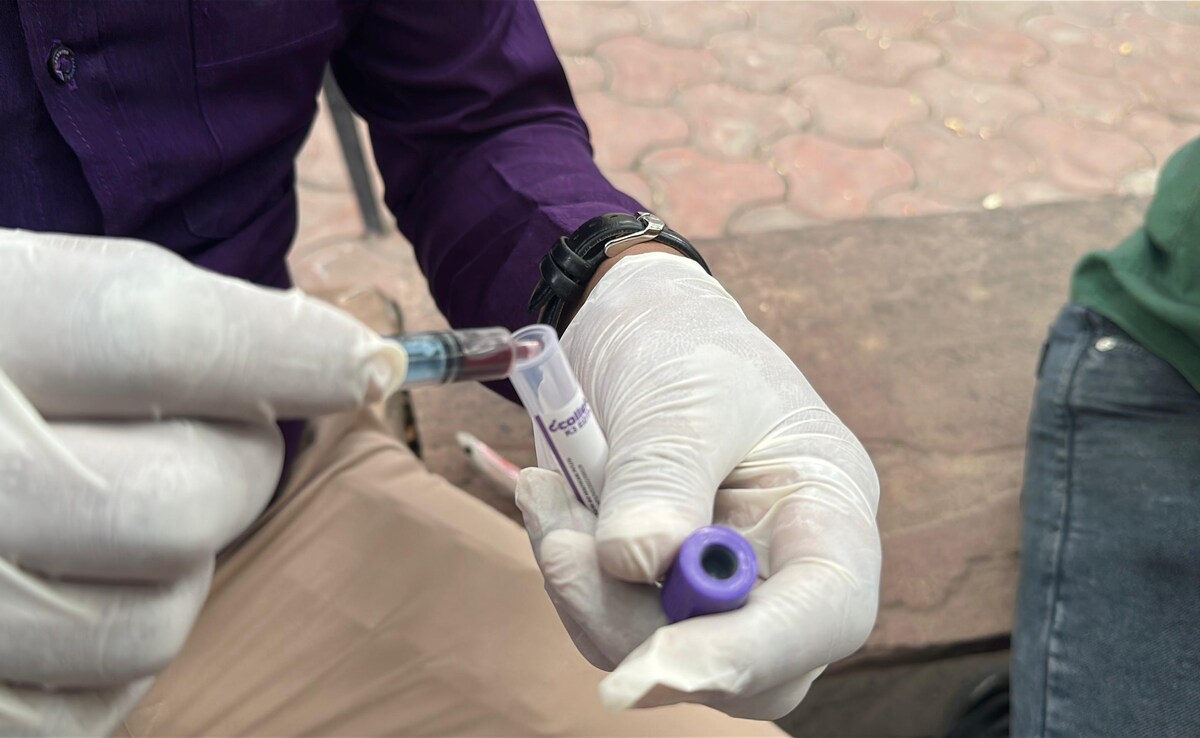
- Auto drivers near Hamidia Hospital offered A+ blood for Rs 2,400 without donors
- Anees was identified as the mastermind controlling blood supply across Bhopal hospitals
- Blood was sold illegally through a network including parking attendants and chemists
The sun blazed overhead, but outside Hamidia Hospital, Madhya Pradesh's largest government-run medical facility, the air was thick with something darker than heat - a marketplace of desperation, exploitation, and illegal blood trade. On what appeared to be an ordinary afternoon, an NDTV investigative team under 'Operation Blood' walked in disguised not as patients, but as a question - one that spiralled across auto drivers, chemists, middlemen, and even hospital staff.
Outside Hamidia Hospital, auto-rickshaw drivers were the first point of contact. Upon hearing the need for A+ blood with no donor, one driver smirked and said, "Don't worry. Call Raju or Asim bhai. We'll set you up. Rs 2,400, sealed pack. No donor needed."
When probed about safety -- the reporter claimed to have hepatitis -- the response was, "Doctors say all kinds of things. You want blood or not?"
At the heart of it all was one name repeated across interactions - Anees.
Described by sources as the mastermind, Anees operated through a chain of "delivery boys", parking attendants, and pharmacy contacts.
"Talk to Anees bhai," they said. "He'll fix everything. All hospitals in Bhopal, even private ones, get blood from him."
ALSO READ | Blood For Sale: NDTV's Operation Blood Exposes Black Market Outside Hospitals
A man named Arun Mahawar, Anees's courier, met us at the hospital gate. With his face covered by a handkerchief and a helmet, he took Rs 500 as an advance and vanished to "get the blood."
Across the Hamidia campus, the NDTV team found a thriving web of blood trading: Auto drivers acted as blood fixers, directing clients to brokers. Parking attendants like Dolly Yadav coordinated slips and commissions - Rs 500 per unit was reportedly passed to him by Anees. Medical stores outside the hospital operated as fronts, offering deals and promising delivery within an hour, without prescriptions or donors.

A visit to several small clinics revealed the same practice - rates varied, but the trade remained illegal and consistent.
One of the most disturbing findings came when the team encountered Sonu Ahirwar, a hotel cook. "I'll give blood for Rs 2,000," he said confidently, despite admitting: "I've never donated before. My weight? Around 52 kg."
When asked if he drank liquor or had a recent illness, he avoided specifics. "Just fill in any name in the donor form," he said. "Tell them I'm your cousin."
Throughout the sting operation, it became clear: blood had become a product. A commodity. A business. No donor verification. No medical screening. No safety assurance.
Yet, sealed pouches of blood were handed over on street corners - for cash, and in violation of every legal and ethical guideline.
In one instance, the NDTV team was handed a blood pouch by Arun after paying the remaining Rs 1,900 in cash. "Show this report if a doctor asks. It's clean," Arun said.
When asked where the blood came from - New Bhopal Blood Bank, Navodaya, or Bhopal Blood Bank - the answers kept changing.
"All hospitals get blood from us," Arun boasted. "We are the supply line. Even Chirayu and private hospitals."

Anees, the central figure, was said to "work in a blood bank", but functions more like a mafia don.
"He handles everything from Old Chirayu to all hospitals in Bhopal," a medical store owner admitted.
On posters inside Hamidia, policies speak of donor exchange and patient safety. Outside, auto drivers, chemists, and brokers sell life in plastic pouches - unchecked, unverified, unsafe.
The biggest question isn't just "how much for blood?" It's "how long before someone dies because of it?"
Stay tuned for the third and final part of Operation Blood.
Track Latest News Live on NDTV.com and get news updates from India and around the world

